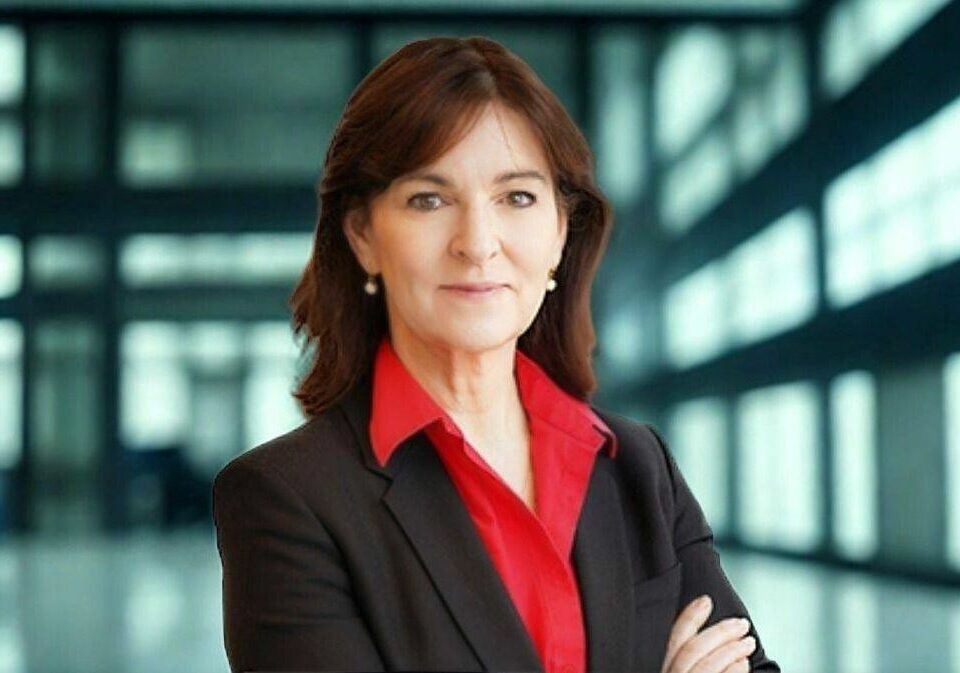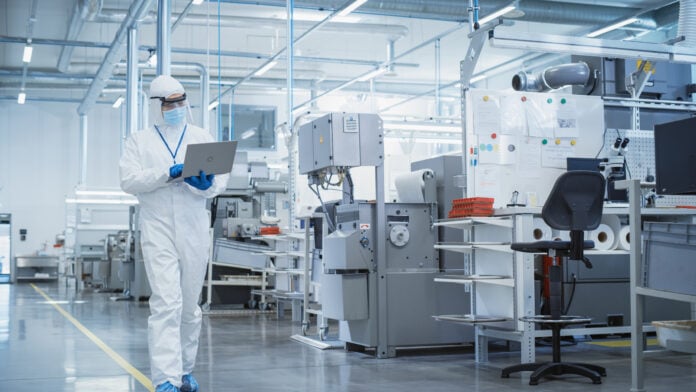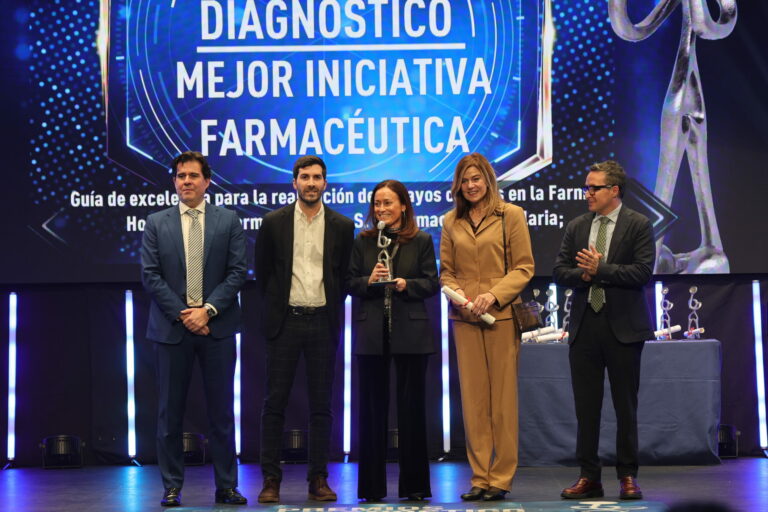‘Bringing science closer to schools’: a decade of training young people in clinical research and inspiring vocations

Ten years ago, the Sant Joan de Déu Research Institute and Farmaindustria launched this project, which has reached more than 3,000 sixth form and vocational training students in Barcelona alone.
The main objective of this collaborative initiative between the pharmaceutical industry and research centres is to raise awareness of what research and development of new medicines involves.

Launch of the tenth edition of the programme ‘Bringing science to schools’. | Photos: Sonia Troncoso.
Farmaindustria.es
On Wednesday, the Sant Joan de Déu Research Institute and Farmaindustria held a new edition of the Bringing Science to Schools programme, a collaborative initiative between the pharmaceutical industry and research centres whose main objective is to disseminate information about the research and development of new medicines among students in upper secondary education, the final years of compulsory secondary education and vocational training (FP), as well as attracting young talent and awakening scientific vocations.
This year’s event was attended, either in person or online, by around 350 students from thirteen educational centres in Barcelona: Santa Maria dels Apòstols, Institut Celestí Bellera, Sagrada Família-Horta, Sant Francesc, Ceir-Arco Villarroel, Vedruna Gracia, Liceu Politècnic, Institut Eugeni d’Ors, Institut Alexandre Satorras, Institut Montbui, Institut FP Sanitària de Sant Pau, Institut Pedralbes and Escola Montserrat.
The young people had the opportunity to learn more about how new treatments are researched, how patient participation in clinical trials is organised and what the environmental impact of such research is. They did so with the help of experts from the Catalan research centre and the pharmaceutical industry.
As Isabel Chacón, from Farmaindustria’s Clinical and Translational Research Department, explained, clinical research is a long, complex and costly process that requires public-private collaboration to be successful. Furthermore, it is evolving very rapidly due to the application of omic sciences and, above all, technology, thanks to the use of data, bioinformatics and artificial intelligence.
On the other hand, Begonya Nafría, coordinator of the Patient Participation in Research Area at the Sant Joan de Déu Foundation, stressed that incorporating the voice of patients and their families into research is no longer an option, but a necessity. Listening to them and involving them in the entire research process—from trial design to communication of results—improves the scientific quality and social relevance of studies.
Finally, on the occasion of the initiative’s tenth anniversary, both entities have mutually recognised the success of the Bringing Science to Schools programme. “In 2015, Farmaindustria launched a pilot initiative to explain to patient organisations what the R&D process for new medicines consists of and to inform them about regulation, ethics, the agents involved in clinical trials and the volume of these in each therapeutic area. The development of this project allowed us to detect the lack of knowledge that exists in our society, and we considered the possibility of extending these informational and educational activities to broader groups,” recalls Amelia Martín Uranga, director of Farmaindustria’s Clinical and Translational Research Department. ‘At the same time,’ she continues, ‘in various meetings with Sant Joan de Déu, interest arose in developing information activities aimed, in this case, at secondary school students. This interest materialised in Acercando la ciencia a las escuelas (Bringing Science to Schools), an open science project of which we in the pharmaceutical industry are particularly proud and which has had an impact on more than 3,000 young people in Barcelona alone.’
According to Joan Comella, Director of Research, Innovation and Learning at SJD and Director of the Sant Joan de Déu Research Institute, ‘The combination of scientific excellence and the involvement of patients and their families is what really drives innovation. At Sant Joan de Déu, we work to ensure that paediatric clinical research not only generates knowledge, but also hope and real improvements in children’s lives.’
The project has been so successful in recent years that it has been expanded to Madrid, Malaga, Cantabria and Guipúzcoa and has already trained more than 5,000 students from dozens of centres. Even during the pandemic years (2020 and 2021), the initiative did not come to a standstill, as it was able to be carried out online and also served to explain the R&D behind Covid-19 vaccines, as well as raising awareness of their value to society.

Presentation of the Farmaindustria award to Sant Joan de Déu Hospital and Kids Barcelona for their ten years of collaboration in the initiative.
Farmaindustria.es





